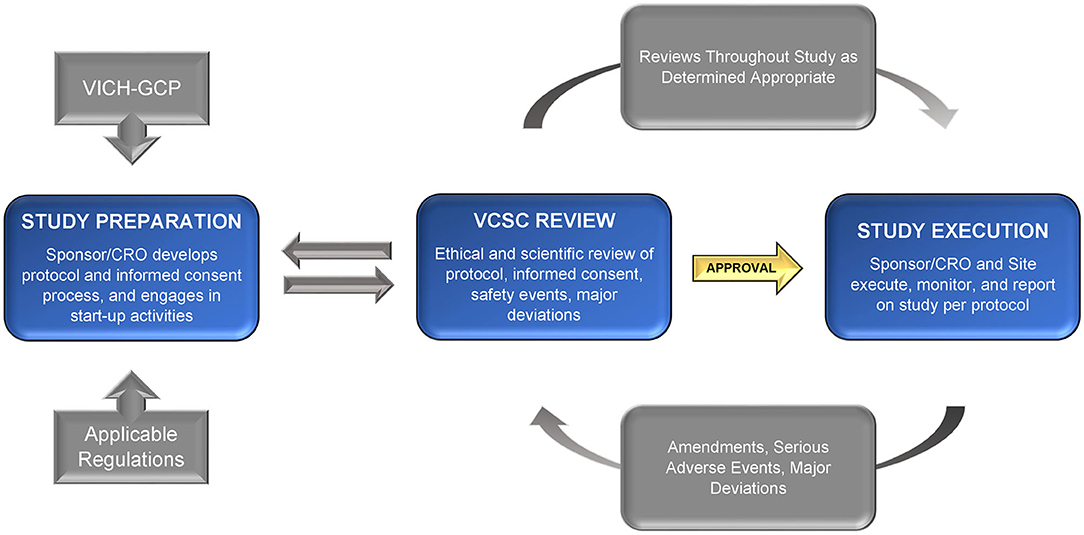Exploring Veterinary Laboratories in the United States and What to Expect
Exploring Veterinary Laboratories in the United States and What to Expect
Blog Article
When your pet needs specialized care, a veterinary laboratory plays a critical role in providing accurate diagnostics and treatment guidance.
From routine screenings to emergency diagnostics, veterinary labs help uncover hidden health issues, confirm diagnoses, and track treatment progress.
Let’s start by understanding exactly what a veterinary laboratory is and why it’s essential in modern animal healthcare.
What Is a Veterinary Laboratory?
These labs support veterinarians by providing critical diagnostic insights that can’t be seen during a physical exam alone.
Larger labs may also offer molecular diagnostics, genetic screening, and advanced pathology services.
Regardless of size or setup, these labs play an essential role in helping veterinarians diagnose conditions early, tailor treatments, and monitor recovery effectively.

Common Tests Performed in Veterinary Labs
Routine blood tests, such as complete blood counts (CBC) and blood chemistry panels, provide insights into organ function, immune response, and general wellness.
Advanced labs may also provide molecular diagnostics, including PCR testing for specific pathogens or genetic screenings for hereditary conditions.
Whether a veterinarian is confirming diabetes, diagnosing cancer, or laboratorio veterinario conselheiro moreira de barros screening laboratorio exames veterinarios for zoonotic diseases, a reliable veterinary lab ensures the right data is available for informed decisions.
How to Find a Veterinary Lab Near You
Searching for a “veterinary lab near me” can feel overwhelming, but a few strategies can simplify the process.
Look for labs certified by organizations like the American Association of Veterinary Laboratory Diagnosticians (AAVLD), which ensures high-quality standards.
Choosing the right local lab ensures quick turnaround, reliable results, and peace of mind.

When to Use a 24-Hour Veterinary Lab
Not all veterinary labs operate the same way.
If your pet is facing a life-threatening condition—such as sudden collapse, poisoning, or acute trauma—a 24-hour lab can deliver rapid results needed for immediate treatment.
Balancing speed, cost, and specialization ensures your pet gets the right level of diagnostic support when it matters most.
Why Veterinary Diagnostics Matter for Your Pet’s Health
Without accurate diagnostics, treatment plans may miss the mark, potentially delaying recovery or worsening outcomes.
Blood tests, for example, can detect kidney or liver dysfunction early, allowing for interventions that prolong quality of life.
This partnership between lab, vet, and pet owner is what keeps animals healthy and thriving.
Conclusion: Choosing the Right Veterinary Lab for Your Pet
Accurate, timely results help catch problems early, support effective treatments, and give you peace of mind as a pet owner.
By understanding the range of services veterinary labs offer, knowing when to seek 24-hour support, and learning how to find reputable labs near you, you empower yourself to make the best choices for your animal companion.
Stay informed, stay proactive, and don’t hesitate to ask your veterinarian how lab testing can enhance your pet’s care plan.
Your Veterinary Lab Questions Answered
Why do vets use diagnostic labs?
A veterinary diagnostic lab analyzes samples from animals (like blood, urine, or tissue) to detect diseases, monitor health, and guide treatment plans.
How do I find a veterinary lab near me?
Ask your veterinarian for recommendations—they often work with trusted local labs or national diagnostic networks.
What emergencies require urgent lab testing?
Always consult your emergency vet to determine the best course of action.
What can veterinary lab tests detect?
These tests help detect infections, organ issues, cancers, and metabolic diseases.
What should I expect to pay for pet diagnostics?
Costs vary based on the type of test, species, and urgency.
Report this page